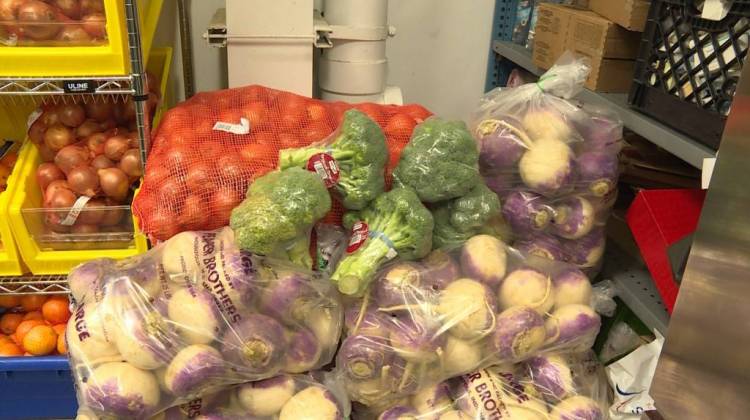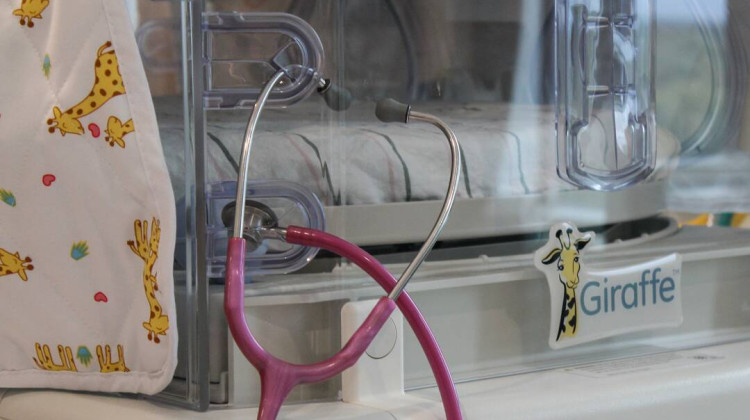
Hospital capacity is strained in much of Indiana due to the early arrival of RSV and influenza, coupled with ongoing COVID-19 cases and critical health care worker shortages.
Pixabay/PexelsHospital capacity is strained in much of Indiana due to the early arrival of RSV and influenza, coupled with ongoing COVID-19 cases and critical health care worker shortages, according to the Indiana Hospital Association.
The availability of hospital beds for children is the most pressing concern. In a statement issued earlier this week, IHA said pediatric beds were more than 70 percent occupied across the five largest hospitals specializing in care for children.
At some facilities, intensive care beds for the sickest children were around 90 percent full.
Hospital leaders are asking Hoosiers to avoid the emergency department when seeking medical attention for mild symptoms and routine testing, and instead visit family physicians’ offices or urgent care centers.
“Emergency department wait times can increase quickly and resources can become depleted by visits for non-emergency medical conditions,” said Karin Kennedy, IHA’s vice president of quality and patient safety, in a statement.
But Hoosiers are encouraged to seek emergency care if experiencing symptoms of emergency medical conditions, which can include difficulty breathing, dehydration and worsening symptoms.
To help prevent the spread of respiratory illnesses, health officials encourage people to get vaccinated against the flu and COVID, wear a well-fitted mask in public places and practice good hand hygiene.
IHA offered the following additional tips for treatment and prevention:
- Get vaccinated against the flu and COVID-19, if eligible. Visit www.vaccines.gov to search for vaccine availability or call your provider or the local health department.
- Be patient if seeking care through a hospital emergency department. Wait times may be elevated as respiratory illnesses reach seasonal peak levels.
- Consider wearing a mask in public places when local case rates of RSV, flu or COVID-19 are high.
- Practice frequent and proper hand washing: Wash your hands often with soap and water for at least 20 seconds.
- Stay home if you are not feeling well.
- Cover your coughs and sneezes with a tissue, not your hands.
- Avoid close contact, such as kissing, shaking hands, and sharing cups and eating utensils with others.
- Clean frequently-touched surfaces such as doorknobs and phones.
Contact Side Effects Public Media managing editor Christine Herman at cherman@wfyi.org. Follow on Twitter: @CTHerman.
 DONATE
DONATE







 Support WFYI. We can't do it without you.
Support WFYI. We can't do it without you.